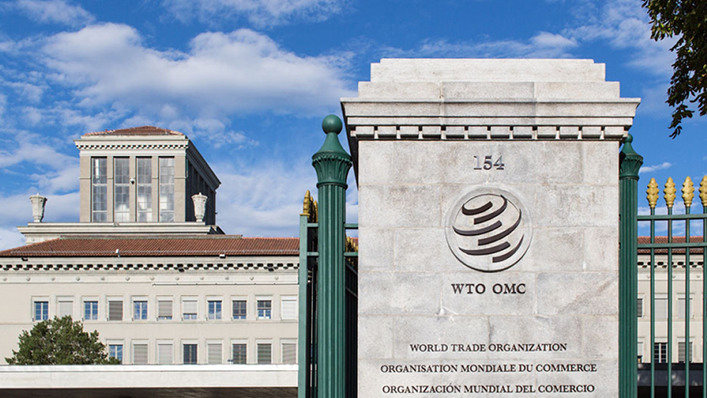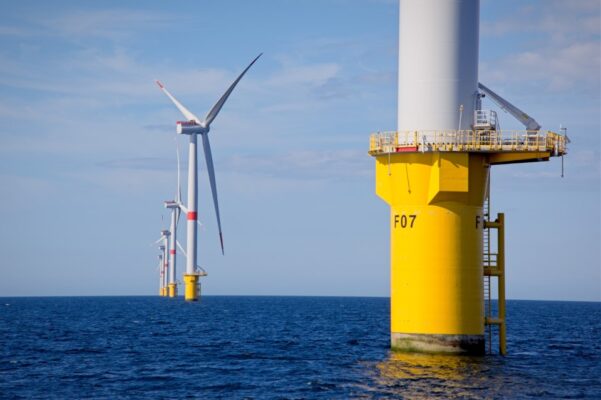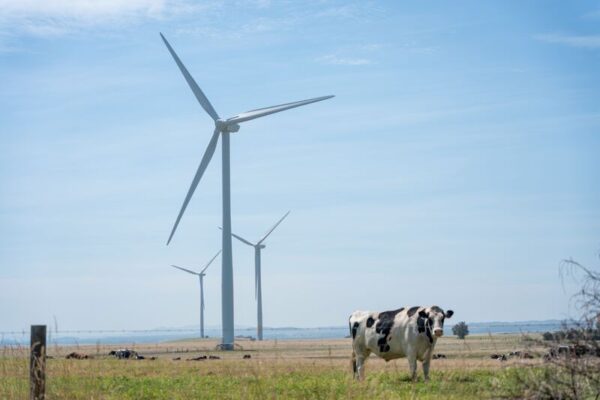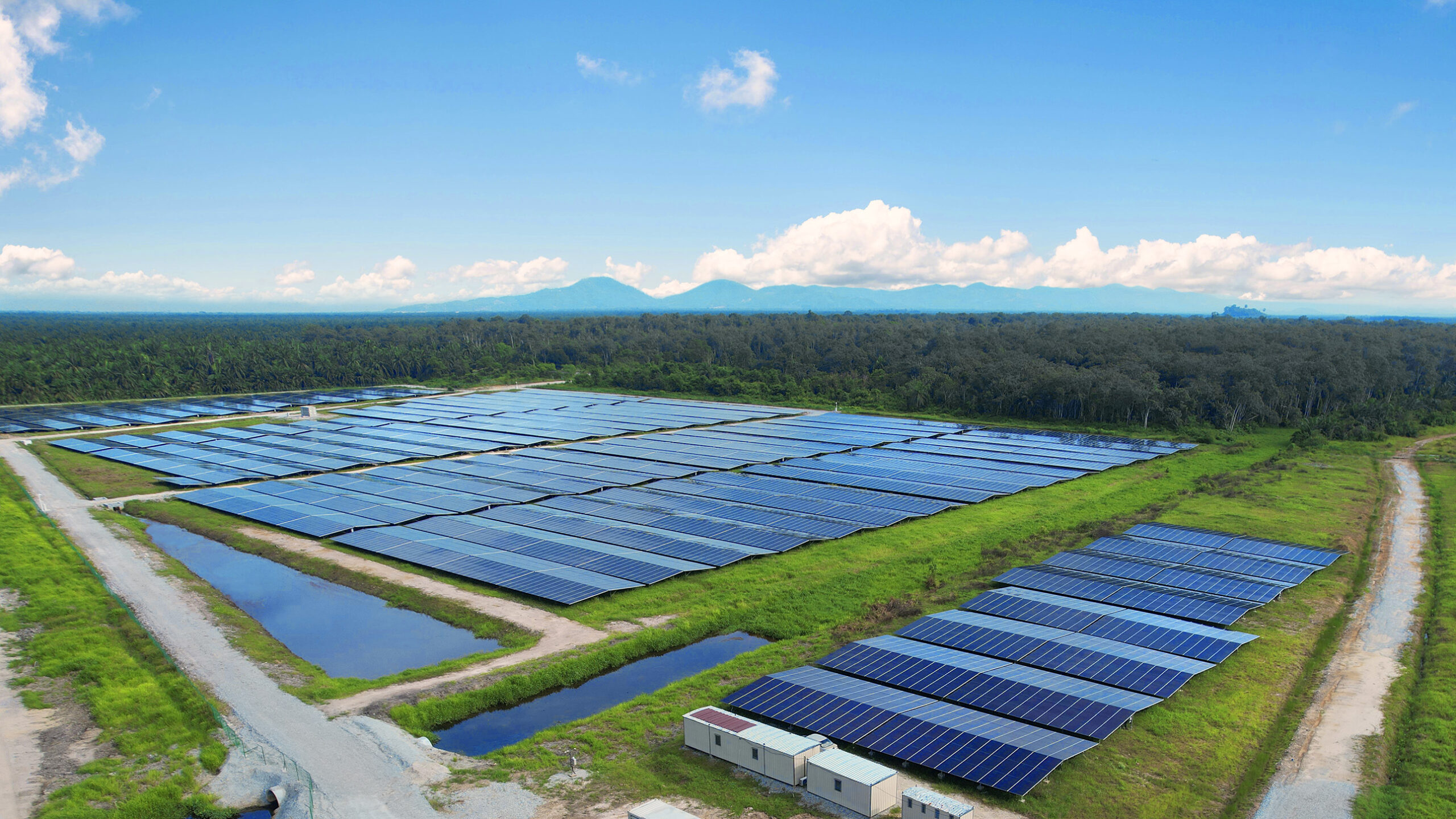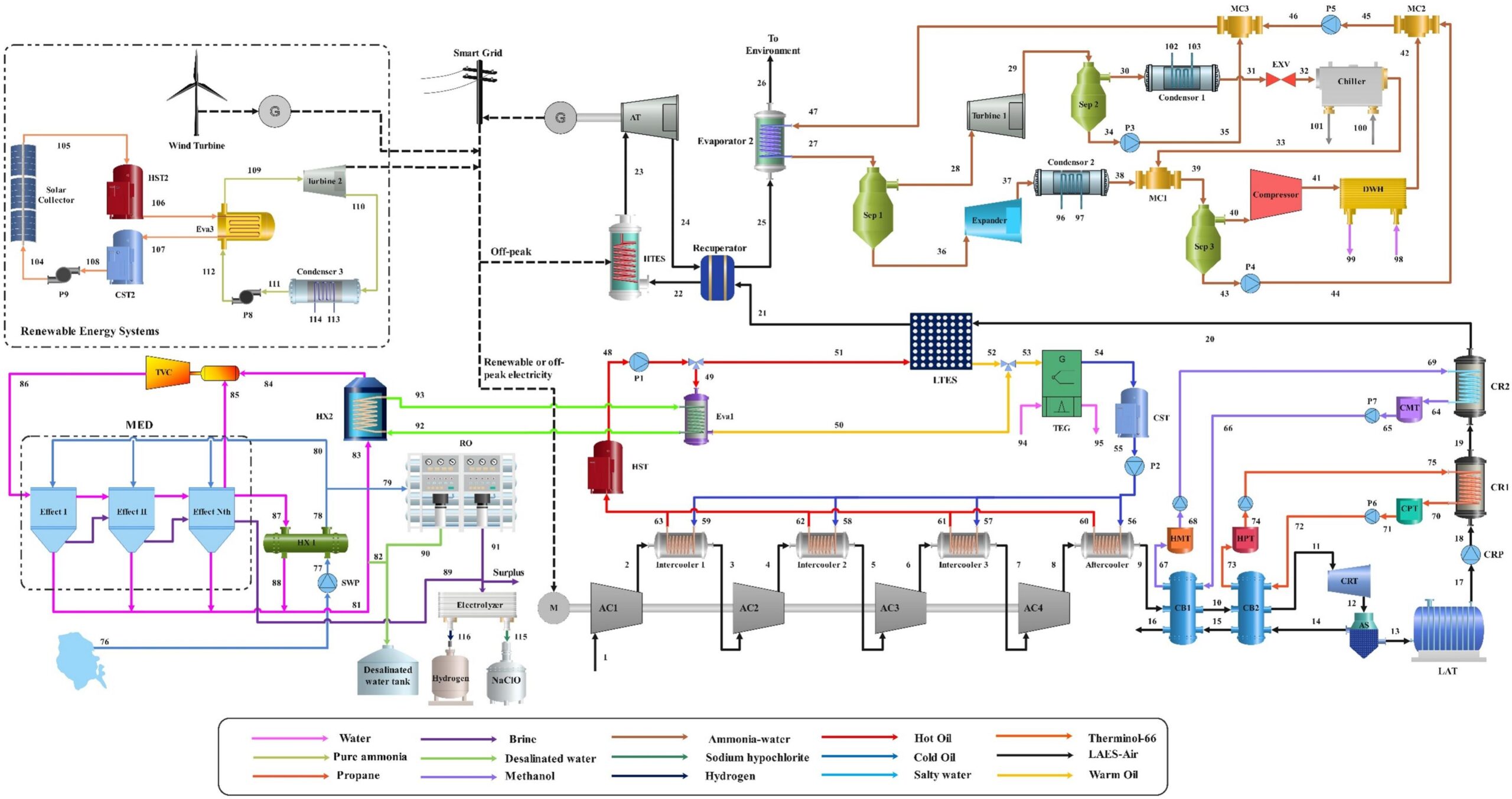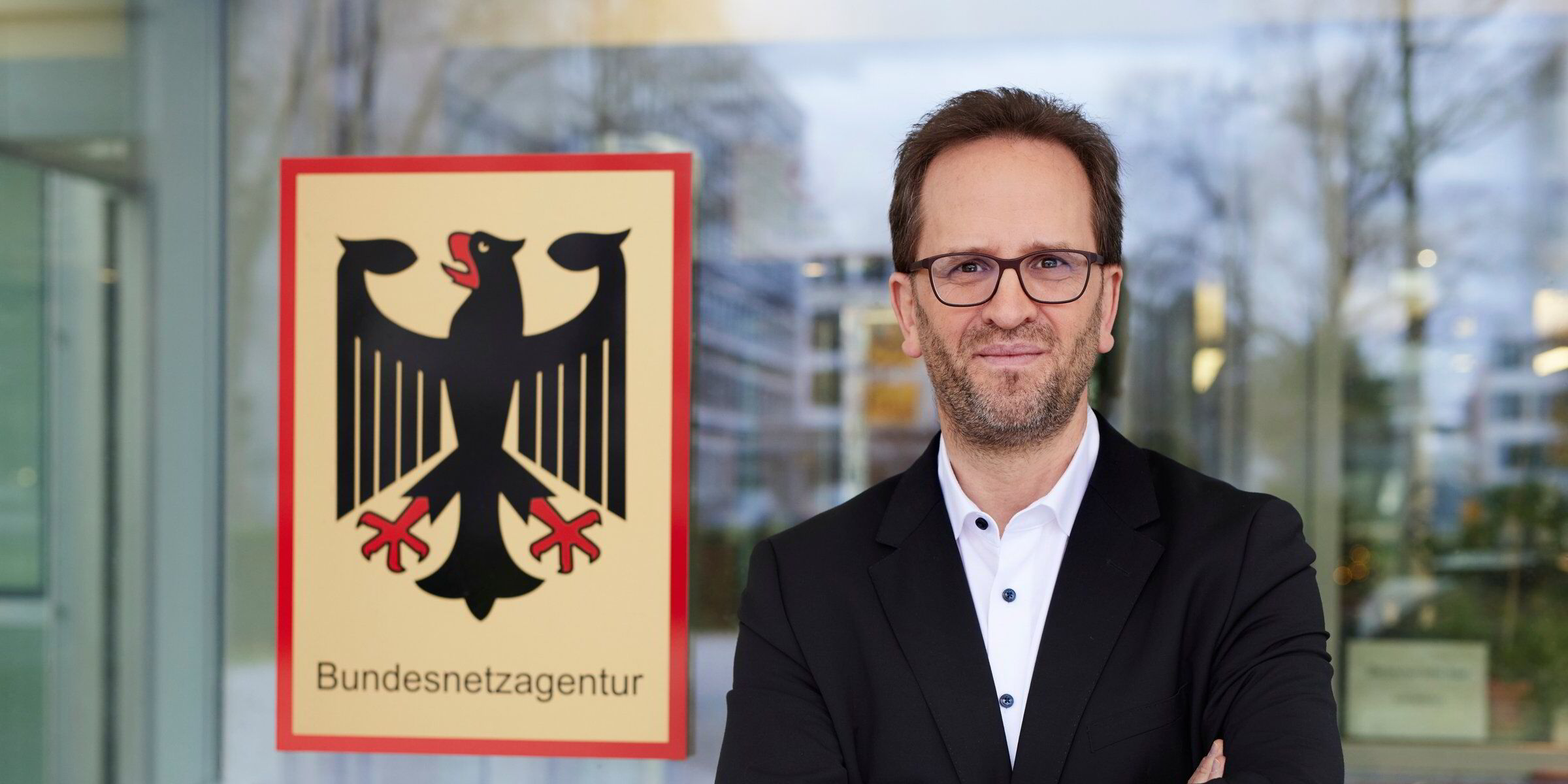Steelworkers to Congress: Rules around Export Credit and Development Finance Need Reform
Billions of federal dollars could reinforce China-backed companies along the supply chain, they warn. In 2024 the United States – through the Export-Import Bank and the U.S. International Development Finance Corporation (DFC) – provided more than $20 billion in financial […]


Billions of federal dollars could reinforce China-backed companies along the supply chain, they warn.
In 2024 the United States – through the Export-Import Bank and the U.S. International Development Finance Corporation (DFC) – provided more than $20 billion in financial support for international projects meant to aid U.S. manufacturers and businesses in overseas markets. What’s this money spent on? Lots of stuff, including insurance and loan guarantees for private investment, but also think of projects like upgrading an African port and railway so that a foreign country can more efficiently export critical minerals that are the ingredients for high-performance battery production.
This kind of development in theory is a smart long-term play for U.S. industries and our national manufacturing capacity overall. But the money distributed by these institutions – specifically the DFC – goes out the door with very loose rules governing how it can be spent. In many cases it’s awarded with little oversight about who will benefit from its allocation. And, because we’re talking about international market development in which foreign competitors are vying for influence and market share, that means we’re talking about China-based entities.
That’s a problem, say the United Steelworkers.
“If there is a goal of limiting (China’s) ‘chokehold’ on critical minerals, there must be limits on PRC-content in projects supported through our economic development tools. Content thresholds ensure that projects are buying and supplying goods that come from markets that support democratic values and do not have undemocratic aims,” the union argues in a recent letter to a U.S. House of Representatives Foreign Affairs subcommittee.
It should be stressed that the aforementioned chokehold is very real (and that the Alliance for American Manufacturing warned about it over a decade ago). China has targeted rare earths for years and now dominates their production, accounting for nearly 70% of it globally as of last year, according to the U.S. Geological Survey, along with half the world’s reserves. That has unsurprisingly become a significant economic and national security issue. For instance, China’s decision in April to limit rare earths exports to the United States amidst a tariffs fight was a major leverage point in bilateral negotiations.
“While the mission of the DFC is to aid economically developing countries, development finance appears to permit broad latitude into projects that may not meet domestic or foreign relations goals” related to the PRC, the union argues in its letter:
In fact, the DFC has recently granted funding that violates its own statement of policy. As an example, the Lobito Atlantic Railway S.A. received a DFC award of $553,000,000 in 15-year senior secured loans. The loan authority provided support for the rehabilitation of a railway considered important to U.S. mineral competition with the PRC. Public reporting indicates that companies benefiting from rail and port improvements since the DFC award have procured PRC-built unloading cranes and railcars procured in South Africa. Import records in South Africa indicate a history of firms using steel procured from the PRC and India to build the railcars.
The point the union is making is simple: We make sure federal tax dollars don’t support China-backed companies in other buckets of spending, expressly so the American public isn’t directly supporting an economic and geopolitical rival. So why do rules governing international development awards allow it to happen? It certainly shouldn’t be allowed to happen when developing projects along the critical mineral supply chain where, again, China enjoys a dominant market position. A final thought from the letter:
Breaking the PRC’s “chokehold” on critical mineral supply chains requires a whole-of-government approach. That means holding our allies to higher standards, strengthening guardrails on our own development finance and export credit programs – like the DFC and the EX-IM Bank – and ensuring that U.S. taxpayer dollars support democratic values, not authoritarian supply chains, by maximizing content thresholds and limiting content from the PRC.
What's Your Reaction?










